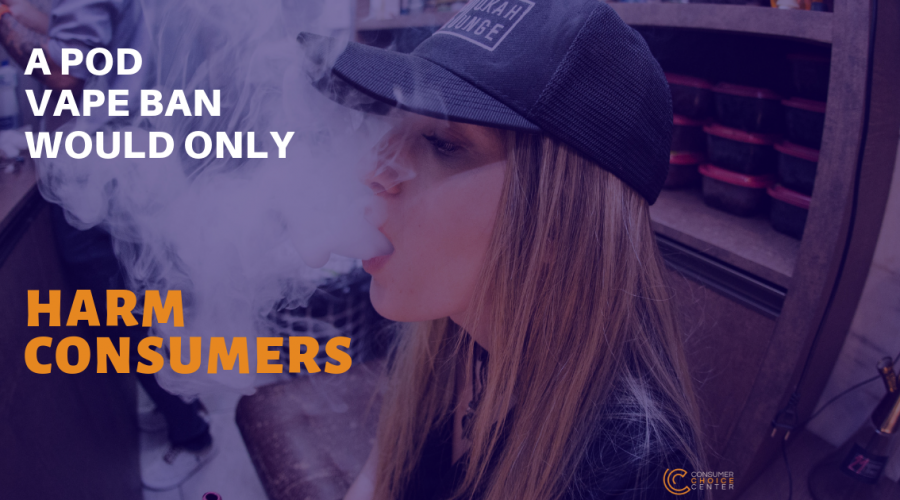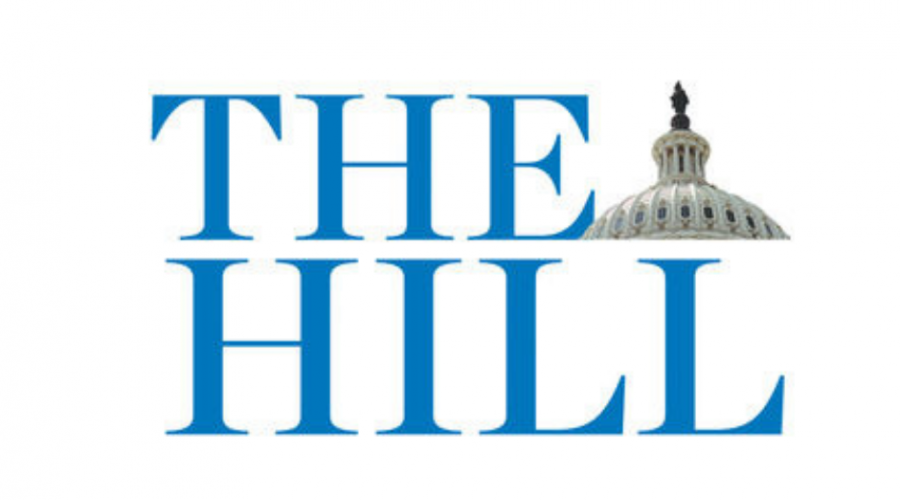Juul’s Latest Play to Survive Washington, D.C.: Win Over Black Lawmakers
“It’s about time someone’s reaching out to the communities that need the most help,” said Jeff Stier, a senior fellow at the Consumer Choice Center and a leading vaping advocate, in an interview with The Daily Beast.
But Stier acknowledged that, beyond potential public health benefits, there’s also a political upside to the strategy.
“If you’re making arguments like I often make about consumer choice, those arguments on the e-cig front don’t always resonate with the people who represent a disproportionate number of smokers,” Stier said. “So you may not make the same argument to Rand Paul that you would to a congressman in the African-American community.”










